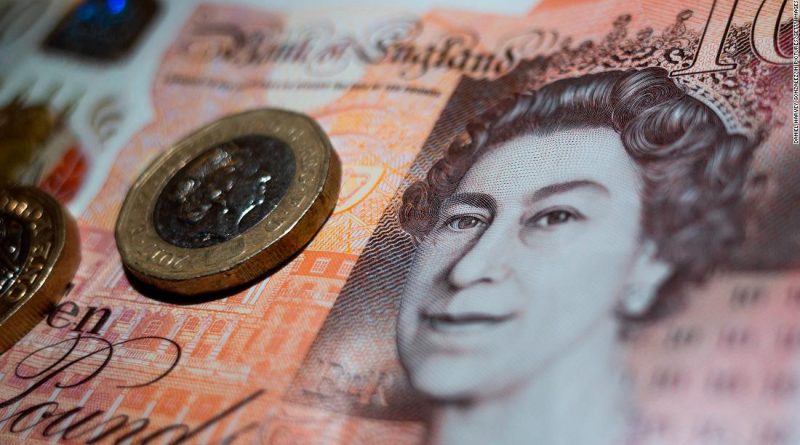Statesmanship or soundbites? UK players weigh in on new Prime Minister
New York (CNN Business)The British pound fell to a 37-year low against the US dollar Wednesday as the United Kingdom grapples with a series of overlapping economic problems with no easy solutions.
A looming recession, a disastrous energy crunch and the highest inflation among G7 nations has sent the pound sinking over the past year. It tumbled another half percentage point to a low of $1.1406 Wednesday, sinking below its March 2020 low when the Covid pandemic erupted onto the global stage.
The drop took the currency to its lowest level against the US dollar since 1985, when Margaret Thatcher was prime minister.
Meanwhile, Liz Truss is on her first full day in the job as the United Kingdom’s fourth prime minister since the Brexit vote in 2016, and she’s already staring down the barrel of a potential currency crisis. Truss is reportedly considering a £150 billion ($172 billion) commitment to cap surging energy prices that threaten to push millions of Britons in poverty this winter as the cost of living surges.
Yet she hasn’t said how the country plans to pay for the rescue. Truss campaigned on tax cuts and said Wednesday she opposes a windfall tax on energy companies that have enjoyed record profits during the recent surge in fuel prices.
The United Kingdom borrowed heavily during the pandemic, but investors may soon turn up their noses at lending the country more money if it tumbles into a so-called stagflation cycle in which the economy shrinks yet prices continue to surge.
That could encourage traders to keep ditching the pound, making it harder for the import-dependent economy to continue to pay its way and further driving up inflation. That could force the Bank of England to raise rates more aggressively, which in turn would hurt the country’s economy. That so-called balance-of-payments crisis is a potential, if not present, threat.
Truss remains undeterred. She is expected to unveil her expensive plan to bring down energy prices Thursday.
On Wednesday, she ruled out extending the £5 billion ($6 billion) tax former finance minister Rishi Sunak introduced in May on UK oil and gas producers to fund an earlier energy relief package.
“I am against a windfall tax,” she told parliament. “I believe it is the wrong thing to be putting companies off investing in the United Kingdom just when we need to be growing the economy,” she added.
— CNN Business’ Julia Horowitz and Anna Cooban contributed to this report
Source: Read Full Article

